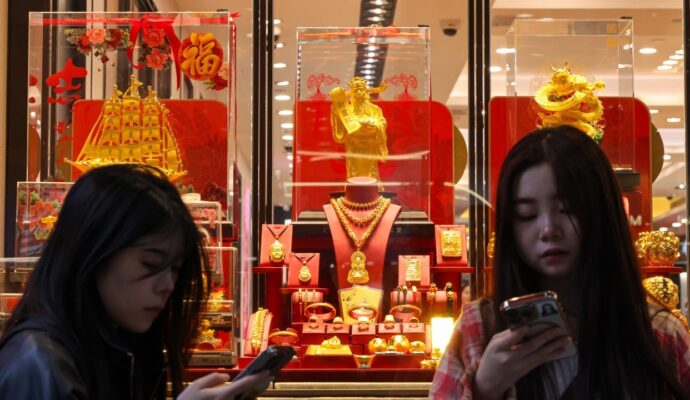According to the poll jointly conducted with consultancy firm Roland Berger, 52 per cent of firms stayed neutral to the plan, a rise from 31 per cent a year earlier.
Some 4 per cent of the firms surveyed, meanwhile, pointed at a highly pessimistic outlook for the scheme to link Hong Kong, Macau and nine mainland cities of Guangzhou, Shenzhen, Zhuhai, Foshan, Zhongshan, Dongguan, Huizhou, Jiangmen and Zhaoqing into an integrated economic and business hub.
Obstacles mainly stem from the competition between cities rather than uniform policy coordination, according to Zenkel.
The Greater Bay Area development blueprint was released in 2018, with the aim to build a world-class growth engine to rival the bay areas of Tokyo, San Francisco and New York.
More than two thirds of the surveyed European firms said Chinese authorities should do more to clarify the business opportunities available for both Chinese and foreign companies.
Analysts have called for more policy coordination within the city cluster, as mainland cities in the region generally have a relatively high degree of overlap in areas such as manufacturing, finance and technological innovation, which has led to a certain level of similarity in their converging industrial structures.
“There is more homogeneous competition between cities in the Greater Bay Area, especially the two leading cities – Guangzhou and Shenzhen,” said Yuan Chenjie, the principal representative at private equity firm SAIF Partners.
“They are different from the ones in Yangtze River Delta, such as Shanghai, Suzhou and Wuxi, as the latter each have their own positioning and they can achieve complementary and virtuous development.”
Industrial support among cities in the Greater Bay Area is not yet complete, and there is the problem of homogeneous competition
A report earlier this month by Yuekai Securities also pointed to a lack of integration between cities in the Greater Bay Area and a homogeneous industrial landscape.
“Industrial support among cities in the Greater Bay Area is not yet complete, and there is the problem of homogeneous competition,” the report said.
The Yuekai Securities report said that market rules are not uniform, with Guangdong province and the special administrative regions of Macau and Hong Kong having differences in industry regulation and intellectual property protection, and a split in the policy pilot areas within the Pearl River Delta.
“These can lead to businesses facing additional systemic costs,” the report added.


